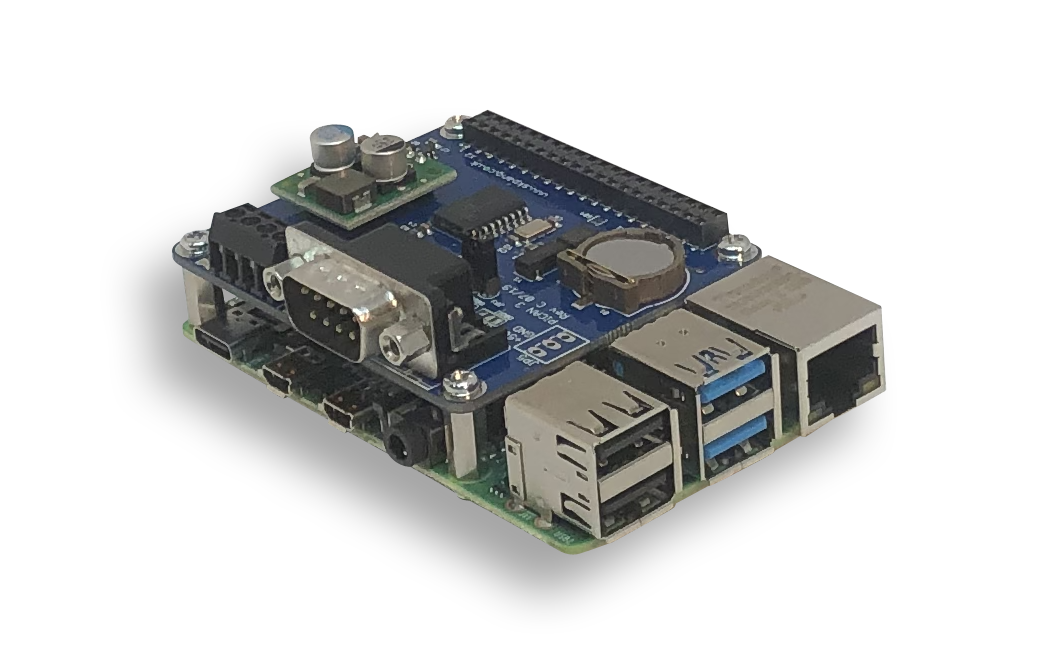Recent Posts
Industry's First CAN Bus Transceiver With Fault Detection, Diagnostic Evaluation, And Reporting
Posted by on
Maxim Integrated introduced its MAX33012E, a CAN Bus transceiver that improves CAN Bus reliability through integrated fault detection and reporting.
Designers requiring extended uptime for industrial automation applications can accelerate troubleshooting and communicate across more extensive networks using the MAX33012E CAN Bus transceiver. The device was designed to enhance industrial system uptime for factory-floor networks. The MAX33012E represents the industry's first CAN Bus transceiver that features fault detection and reporting.
Reliable connectivity is crucial to optimizing operation and improving system uptime in manufacturing for many critical industrial applications, such as asset management systems and communication fieldbus modules.
Overvoltage, overcurrent, and transmission error faults in a CAN Bus network may shut down production and idle expensive machinery. To overcome this challenge, the MAX33012E features fault detection on data lines CAN_H and CAN_L for overvoltage, overcurrent, and transmission failure, as well as fault code reporting. The product’s detection and reporting abilities enable troubleshooting of such failures so that vital links can be re-established.
Other CAN Bus solutions do not support fault detection and reporting features, leaving system operators to troubleshooting issues without knowledge of the fault’s origin or specific details. Thus, the MAX33012E puts CAN Bus networks back online faster than other available devices. The product provides ±45-kV of electrostatic discharge (ESD) fault protection, which is 1.8 times higher than the closest competitor, making network data transmissions more resistant to ESD.
Raspberry Pi 4 With PICAN3 CAN Bus HAT
fThe Raspberry Pi 4 offers groundbreaking improvements in processor speed, multimedia performance, memory, and connectivity compared to the prior-generation boards while preserving backward compatibility. The Raspberry Pi 4 provides desktop performance comparable to entry-level x86 PC systems.
The PiCAN3 board with SMPS (Switch Mode Power Supply) and RTC provides CAN-Bus capabilities for the Raspberry Pi 4. It uses the Microchip MCP2515 CAN controller with MCP2551 CAN transceiver. Connection are made via DB9 or the onboard 3 way screw terminal.
The Switch Mode Power Supply (SMPS) allows connecting an input voltage range of 6 VDC to 20 VDC suitable for industrial and automotive applications and environments. The SMPS will power the Raspberry Pi plus PICAN3.
 Loading... Please wait...
Loading... Please wait...


